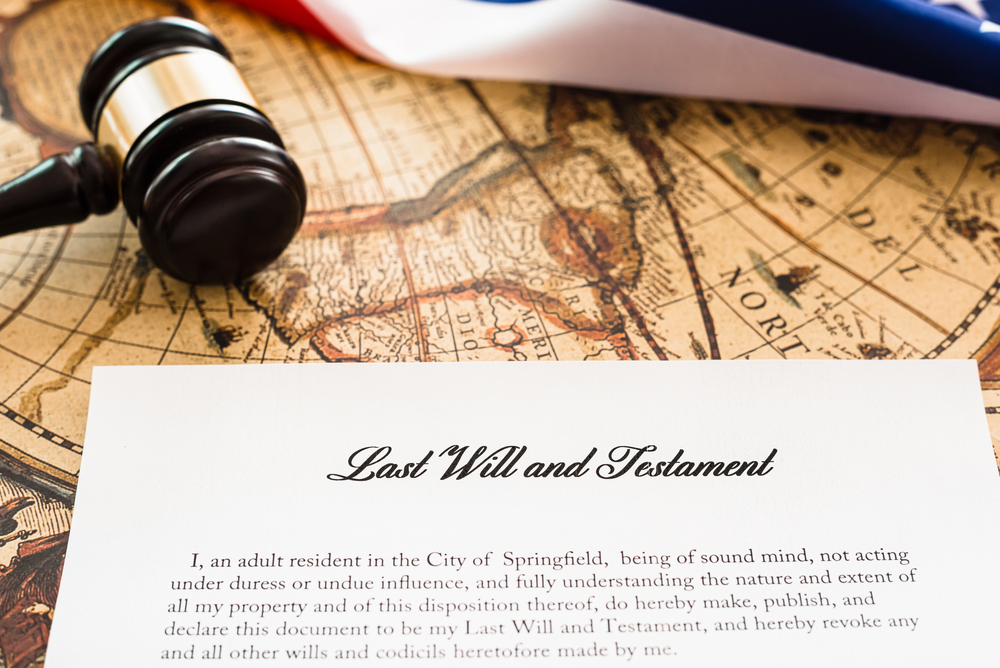How to Wind up Legal Affairs After a Death?
Published April 8, 2022.

If you’ve recently lost your family member and now planning to wind up the legal affairs, it’s quite obvious you are going through a harsh time. Distributing their assets and wrapping up affairs are quite tricky, but as the deceased person trusted you, he knows you will handle all his estate precisely. So now it is your duty fulfill their last wish.
Undoubtedly, legal affairs are always complicated, especially when it comes to legal affairs of a deceased it becomes even more complex. So how to start with the entire process? Let’s have a look
When to Start?
Obviously, no one starts planning immediately after the death of their loved one. You need some time to settle down and to grieve with your family. Because this is very emotional time, people often overwhelmed walking to the office of a lawyer to settle down things. So, to start with the process, make sure to visit an attorney within the time span of 1 month after the death. But, remember, if you start the procedure sooner, it will get over even sooner.
Start With Will and Trust
The foremost thing you need is the estate plan documents of the deceased like trust and will. It is often with the attorney of a deceased or if not, you can find it somewhere in his safety deposit box. After getting the records, make an appointment with the estates and trust attorney where deceased resided. According to the state laws, the will and other estate plan documents will be drafted and you need an attorney to help you with the entire process.
Attorney’s Cost
When managing legal affairs after death, you need to pay your appointed attorney from the estate of deceased. The fees for every attorney vary from state to state. Some expect to pay hourly and some get paid on a sliding scale on the estate assets.
The Role of Executor
During the first meetings with the attorney, you will be explained your role as an executor of the estate or role as trustee. Then the lawyer will guide you through the process precisely and asked you to get copies of death certificates along with liabilities and assets statements. This includes life insurance policies, investments, bank accounts, assets and annuities and the list of outstanding debts. Moreover, you’ll be asked to collect the monthly statement of the accounts of deceased to estimate the real value at the time of their death.
How to Deal With Complications?
The attorney will also guide you through any complications in the estate planning for instance if there is any sort of dispute regarding the allocation of assets. However, a professional attorney always encourages you to settle any legal dispute without stepping into the court, which is not only time consuming, but also emotionally draining.
Conclusion
Losing spouse or a partner is a heart-breaking and traumatic experience. Death of a loved one is not easy to handle. Moreover, you don’t have to deal emotionally, but also need to settle the legal matters associated with it. With right information and knowledge, you can easily handle all those complicated matters without any hassle.






